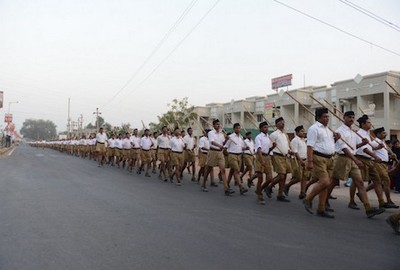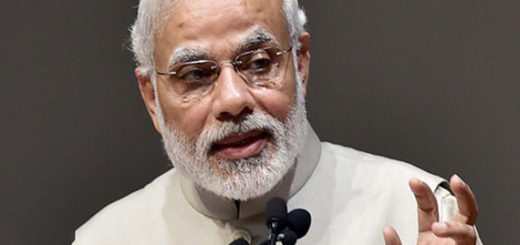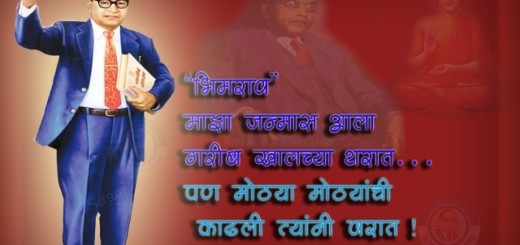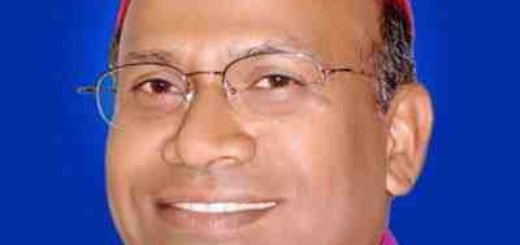Hindu hard-liners decry India’s ‘demographic imbalance’

Christian groups say demand for population controls targets minority religions.
New Delhi: (UCAN)
A hard-line Hindu group is urging the government to enact strict population policies to keep a check on the growth of minority religions — a demand that Christian leaders are calling divisive and unfair.
Rashtriya Swayamsevak Sangh, or RSS, called on the Indian government to enact new population policies across the country to counter what it claims is a growing imbalance in Hindu-majority India, as part of a meeting of its national executive committee on Oct. 31.
The influential Hindu nationalist group, which is tied to India's ruling party, urged the government to reformulate its policies to address "the problem of demographic imbalance in the country," a press release issued by the group stated.
The group took particular aim at Christianity and Islam, calling the minority religions "non-Indian."
Citing religion data from India's 2011 census, the group expressed concern that people belonging to religions of Indian origin — including Hinduism, Buddhism, Sikhism and Jainism — have decreased from 88 percent of the country's population in 1951 to 83.8 per cent in 2011.
Over the same period, India's Muslim population has jumped from 9.8 percent to 14.2 percent. The group also highlighted the growth of the Christian population in the northeastern states of Arunachal Pradesh and Manipur over the same time period.
"[The] unnatural growth of the Christian population in many districts of the nation indicate … organized and targeted religious conversion activity by some vested interests," the group's statement said.
Rashtriya Swayamsevak Sangh did not cite specific ways of addressing the perceived demographic imbalance. However, members of India's Christian community have spoken out strongly against the Hindu group's views.
"It is very unfortunate that nonstate actors like RSS, which are neither elected by the people nor selected by anyone, are deciding policies for the government," Arun Pannalal, a Christian leader in Chhattisgarh state in central India, told ucanews.com on Nov. 3.
Pannalal said that if there is any new national policy on family planning, it must apply to everyone.
"Why should a policy like this be for a selected caste or religion. This is just an attempt to divide the country on communal lines, to block the growth of the nation," Pannalal said.
John Dayal, a prominent Christian leader and member of the National Integration Council, said Rashtriya Swayamsevak Sangh sees both Christians and Muslims as a threat to Hinduism.
"This criminalizes both Christians and Muslims, leading to a rhetoric of poisonous hate against the two communities," said Dayal, who is a member of ucanews.com's board of directors and also an occasional op-ed contributor.
During its executive meeting, Rashtriya Swayamsevak Sangh said all tribal groups in the country are Hindus — a particularly controversial claim, since many indigenous communities in parts of India are heavily Christian.
Samuel Jaikumar of the National Council of Churches in India said the country may have a Hindu majority, but it is still extremely diverse, with citizens adopting multiple identities based on religion, local cultures and traditions.
"RSS is trying to make these different identities into one, which is a very dangerous trend that will take away the diversity of the country," he said.
The Indian government released 2011 census data in August. The data showed that the country's Muslim population had grown by 0.8 percent in 10 years, compared to the overall population, while the Hindu population had shrunk by 0.7 percent. The Christian population had remained comparatively stable.
While Christians said it showed that Hindu nationalist claims of widespread conversions were unfounded, advocates in the Muslim community said the release of the data, before a state election in Bihar, was politically motivated and based on "Islamophobia."
Source: UCAN
















